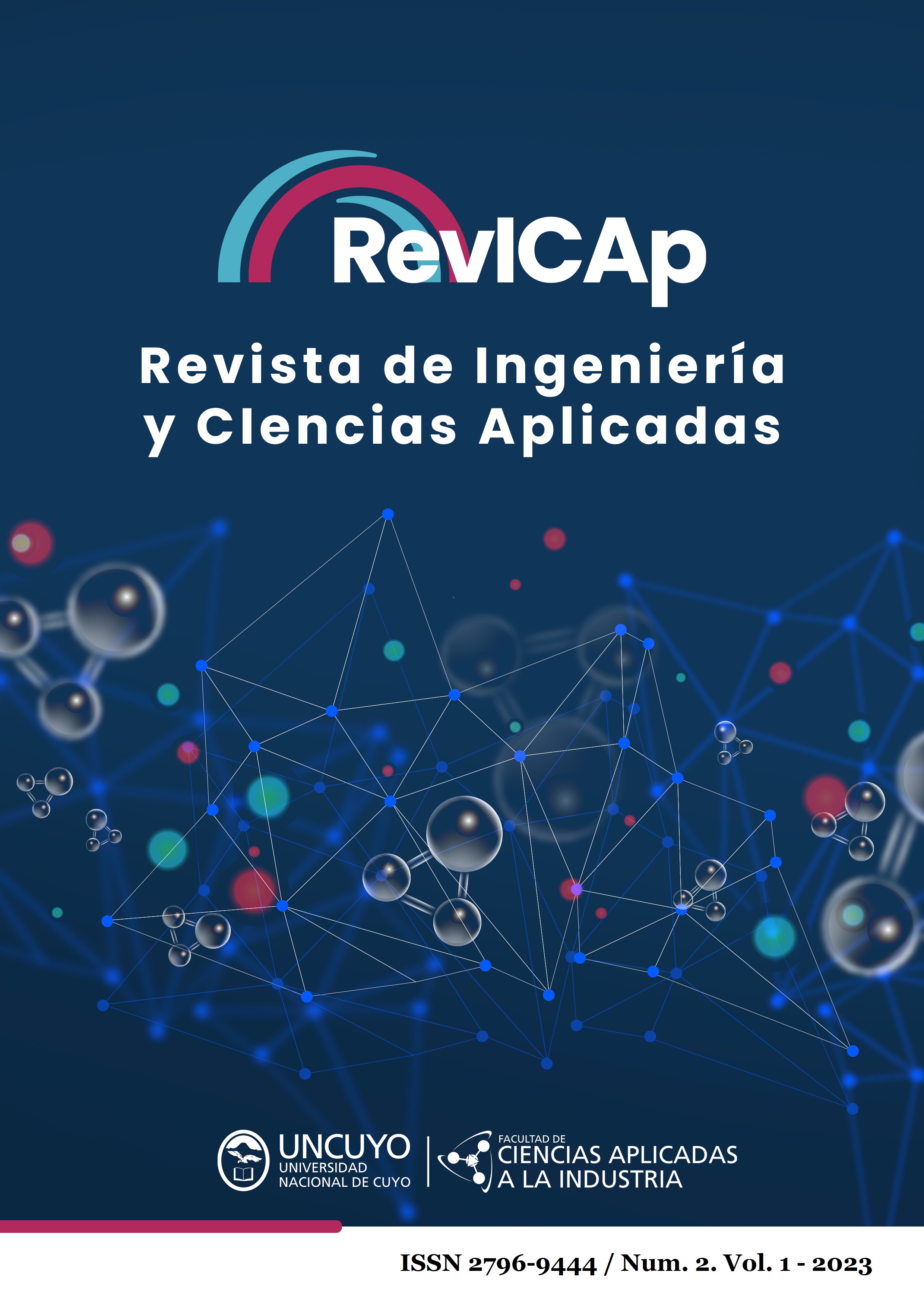Estudio preliminar de la síntesis de PLA mediante catálisis ácida
english
Resumen
El poliácido láctico (PLA), es un poliéster sintético de gran valor comercial debido a su origen renovable y a sus propiedades biocompatibles, biodegradables, biorreabsorbibles y mecánicas. En consecuencia, existe gran interés en el desarrollo de rutas sintéticas alternativas para la obtención de PLA que permitan la sustitución de la reacción catalizada convencionalmente con octanoato de estaño; debido a que este catalizador es citotóxico y queda ocluido en la red macromolecular luego de la polimerización. Por lo tanto, se buscan alternativas sintéticas más amigables con el medio ambiente. Por este motivo, se diseñó una vía de síntesis en dos etapas catalizadas sucesivamente con un ácido y un metal biocompatibles. En este trabajo se realizó la optimización de la primera etapa, la cual consistió en una esterificación de Fischer de ácido láctico utilizando ácido sulfúrico como catalizador. Para determinar las mejores condiciones de reacción, se realizó un barrido de concentración de catalizador ácido en el rango de 0 a 3% v/v. De acuerdo con los resultados obtenidos, se encontraron condiciones óptimas de concentración de catalizador responsables de generar la mayor cantidad de producto de condensación y simultáneamente el tiempo de reacción más corto y la mayor viscosidad. Además, se verificó la composición de los productos de síntesis mediante RMN-1H y FT-IR, encontrando señales específicas que permitieron identificar entre los productos la formación de moléculas de oligómeros de PLA.
Descargas
Publicado
Número
Sección
Licencia
Derechos de autor 2022 Janet de los Angeles Chinellato Díaz, Cesar G. Gomez, Meleán Meleán, Facundo Mattea, Marcelo Ricardo Romero

Esta obra está bajo una licencia internacional Creative Commons Atribución-NoComercial-SinDerivadas 4.0.
- Los autores/as conservarán sus derechos de autor y garantizarán a la revista el derecho a la publicación de su obra, el cual estará simultáneamente sujeto a la licencia:

Revista de Ingeniería y Ciencias Aplicadas está distribuida bajo una Licencia Creative Commons Atribución-NoComercial-CompartirIgual 2.5 Argentina.
No se permite un uso comercial de la obra original ni de las posibles obras derivadas, la distribución de las cuales se debe hacer con una licencia igual a la que regula la obra original. Esta licencia no es una licencia libre. - Los autores/as podrán adoptar otros acuerdos de licencia no exclusiva de distribución de la versión de la obra publicada (p. ej.: depositarla en un archivo digital institucional o publicarla en un volumen monográfico), siempre que se indique la publicación inicial en esta revista.
- Se permite y recomienda a los autores/as difundir su obra a través de Internet (p. ej.: en archivos digitales institucionales o en su página web) antes y durante el proceso de envío.


